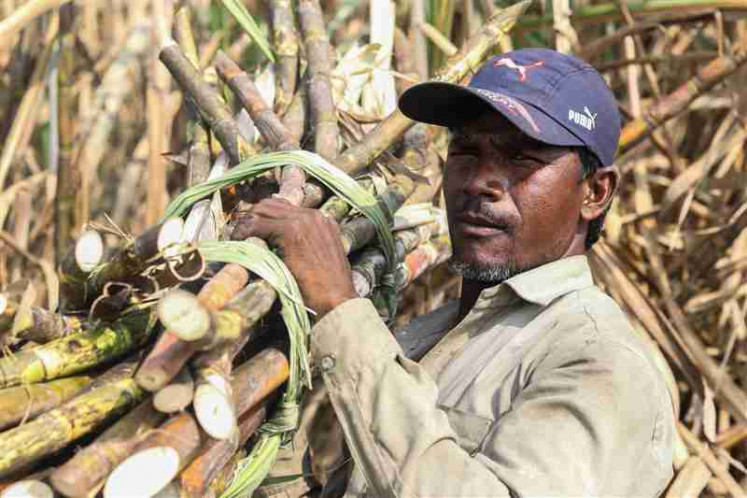Popular Reads
Top Results
Can't find what you're looking for?
View all search resultsPopular Reads
Top Results
Can't find what you're looking for?
View all search resultsCambodia reports death of 11-year-old girl from bird flu
Change text size
Gift Premium Articles
to Anyone
C
ambodia reported an 11-year-old girl from a province east of the capital Phnom Penh died after being infected by the H5N1 strain of avian influenza, commonly known as bird flu.
It was the first known human infection with the H5N1 strain in the Southeast Asian country since 2014, Minister of Health Mam Bunheng said in a statement on Thursday, Reuters reported.
The girl from Prey Veng province was diagnosed with bird flu after falling sick with a high fever and cough on Feb. 16, the statement said.
When her condition deteriorated, she was transferred to the National Children's Hospital in Phnom Penh for treatment, but died on Wednesday, the ministry of health said.
Cambodian health authorities urged people not to handle dead or sick animals and birds, and to contact a hotline if anyone suspected they had been infected by the disease.
Since early last year, bird flu has ravaged farms around the world, leading to the deaths of more than 200 million birds because of the disease or mass culls, the World Organisation for Animal Health (WOAH) recently told Reuters.
The World Health Organization (WHO) earlier this month noted the spread to mammals of H5N1 influenza, but said the risk to humans remained low.
H5N1 had spread among poultry and wild birds for 25 years, WHO Director-General Tedros Adhanom Ghebreyesus told a briefing, but recent reports of infections in mink, otters and sealions "need to be monitored closely".
Over the last two decades, there have been 868 confirmed H5N1 cases in humans with 457 deaths, according to the WHO. There were four confirmed human cases and one death last year.
Last month, Ecuador reported South America's first case of the A(H5) bird flu virus in a human -- a nine-year-old girl who was in contact with backyard poultry.
That reflects the usual pattern when people are infected, explained Sylvie Briand, WHO epidemic and pandemic preparedness and prevention director.
"The transmission from animals to humans is rare, and when it infects humans, further transmission between humans is not easy, because the virus is not well-adapted to the human population," she said, as quoted by AFP on Feb. 9.
But, she warned, "We need to be vigilant to make sure that spread in animals is contained."








